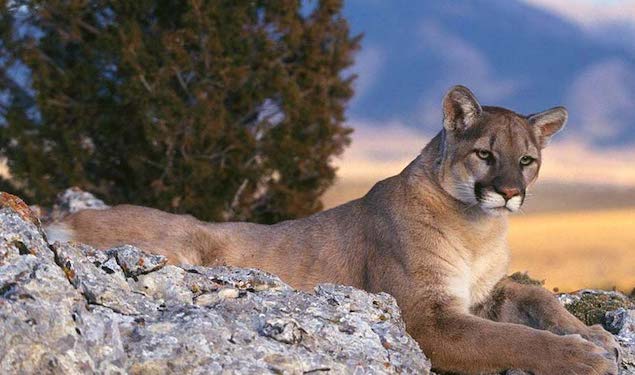The boy took almost no time at all to spear another fish, this one not quite as large as the last one, but still large enough to force him to get completely wet before he could land it on the near shore. He used his knife to gut and clean it as best he could, holding the slippery body halfway in and halfway out of the rushing water.
The cat stayed three or four body lengths from him until the cleaning process was complete, and then without a sound or perceivable movement, he was gone. The boy threw the body of the fish over his left shoulder, re-sheathed his knife, and then began walking, carrying his small but very effective spear swinging along in his right hand. He felt naked without the obvious close company of the cat. He continued to look around for the creature until he reached the dying flames licking up from the stone fire pit. He noted that the beaver was back. The cat was more understandable than the beaver. It was obvious that the cat loved cooked fish, but the beaver didn’t seem the least interested in anything edible, except the bark from their spears.
“Sipu,” is about right, the boy said to himself, feeling better, as he walked at seeing Cetan diligently working away on the lean-to. “Sipu means bark, or close enough. The beaver is to be called Sipu.”
















Wonderful read
Thank you for the support, Greg.
Share this story with your friends.
Jim
What an unseen twist to add to their already mounting problems.
Wow, James! You are building a mansion, one brick at a time. Hard to wait till building is complete.
Great analogy, Craig.
Thanks for all of your support and input.
Jim